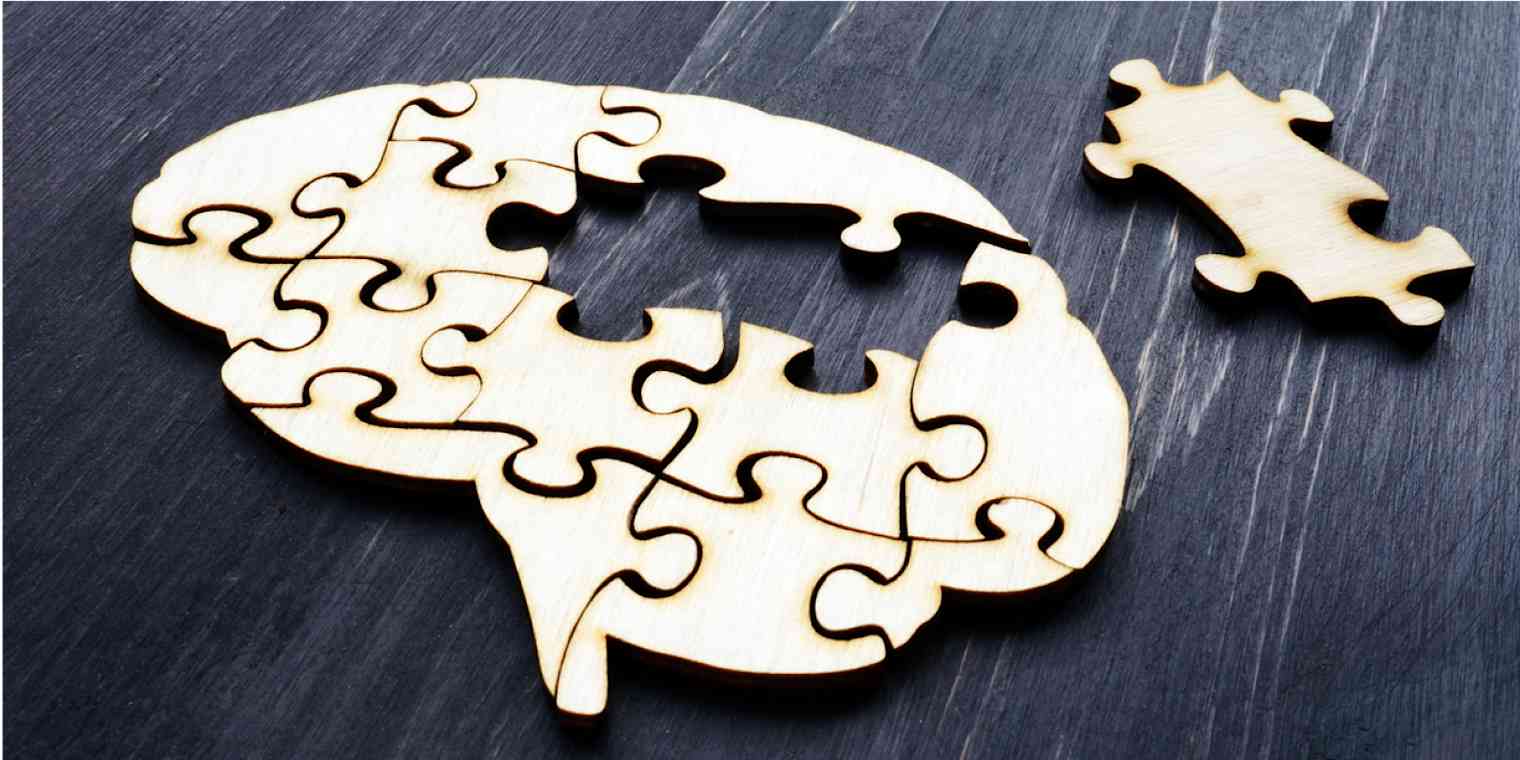“The United States is not a country with a prison system, but a prison system with a country”
We as a nation currently live in the age of mass incarceration, our prisons overflow with prisoners and teens are funneled from schools into prisons (to such an extent that high school graduation rates are measurably affected). Said school-prison nexus is so prolific and problematic that it has been given a specific label — the “school-to-prison pipeline” — and been made the subject of numerous academic studies.
Thankfully within these overpopulated prison systems exists a trojan horse of sorts which helps victims of this pipeline escape from its long-term effects — the prison library.
Malcom X in his paper Learning to Read discusses how a major component in his transformation from a poorly educated street hustler to articulate leader for Black America was his access to his prison’s library during a seven year long prison sentence. In order to initially improve his reading and writing literacies, he took the route of learning the fundamentals through reading and copying a dictionary (sourced from his prison’s library) from front to back. He states that after teaching himself said fundamentals that for the rest of prison sentence that “in every free moment [he] had, if [he] was not reading in the library, [he] was reading on [his] bunk.”
The results of this self-education process speaks for itself through the renown he still holds for how he progressed the Civil Rights Movement through his effective speeches and intelligent writings.
Merging Malcom X’s experience with Maisha T. Winn and Nadia Behizadeh’s paper The Right to Be Literate: Literacy, Education, and the School-to-Prison Pipeline reveals the importance of prison libraries in the reduction of the school-to-prison pipeline’s negative long-term effects. In that, Winn and Behizadeh’s work concludes that the development of critical literacy in youths is of major importance in helping them escape from being sucked up by the pipeline. Thus, drawing from both Winn and Malcom X, it seems intuitive to equally declare that the development of critical literacy after one was unable to break free of the school-prison nexus earlier in life still affords the ability for one to prevent themselves from getting stuck in cycle of reincarceration for the rest of their life.
A sad fact worth noting is that the prison-industrial complex has seemed to caught onto this trojan horse within their system and have taken steps to restrict prisoner access to the valuable tools stored by prison libraries.
If even Ben & Jerry’s is attempting to combat the pipeline issue, then so too should you through speaking out and making book donations to the prison nearest to you. Your donations could directly help someone gain the critical literacies necessary for them to escape the system which has possibly entrapped them since they were a teenager.








